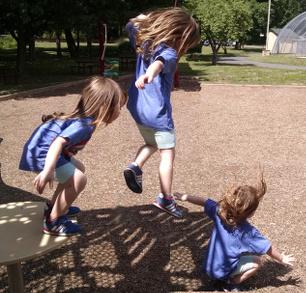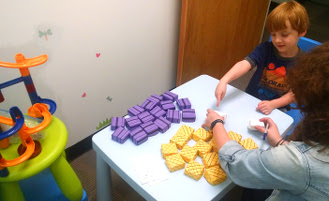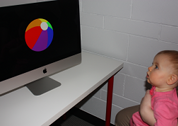About us
|
|
|
We
are interested in understanding how children are able to learn so
much about the world.
We look at: 1. How children's spontaneous play behavior and exploration supports causal learning; 2. How children's inferences about other people (e.g. "is this person trying to teach me something?") can dramatically effect the kinds of inferences children make about events; 3. How affect and cognitive mechanisms (ability to generate a new idea, moving from one idea to the next) shape learning. |
 |
How we learn about learning
|
|
 |
Our experiments take the form of games that researchers play with children one-on-one. We use multiple measures (how children play with a toy, what they play with, their explanations and predictions, how long children look at things and where they look) to investigate our research questions. The behavioral measures are often compared to predictions from different models of learning and behavior -- to help us understand which models best describe children's understanding at different time points in development. |
An important aspect of our work is characterizing children's knowledge and explaining how that knowledge gets there. We might use warm up tasks to help understand what kinds of things children know prior to engaging in our task, cafefully control what kinds of information children get during the task (to understand the role of different kinds of evidence), and then measure how your children's beliefs have changed by the end of the task. |
 |
Open Science
Our lab is proud to be moving towards an open science model. We are beginning to host videos on Databrary and make an effort to link math, code, and procedures as supplemental materials for all publications. If you would like access to material and do not see it online, please do not hesitate to contact us! |


